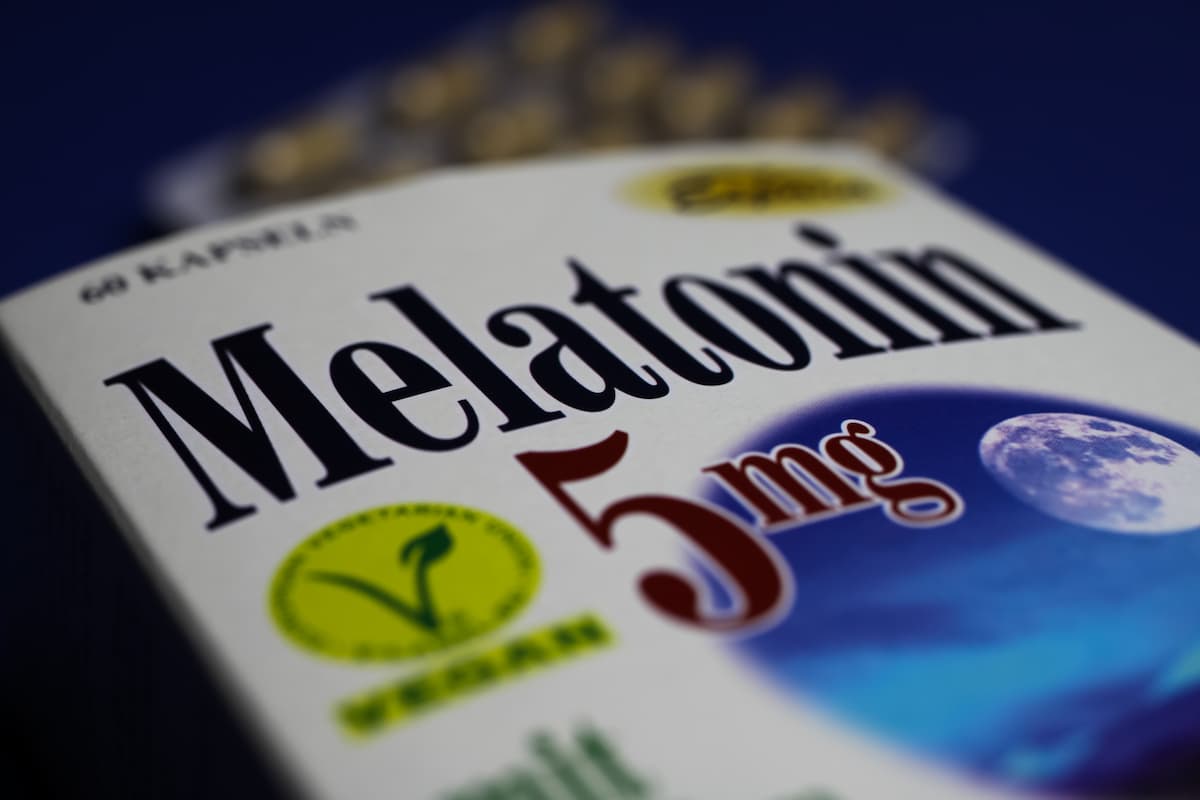- Clinical Technology
- Adult Immunization
- Hepatology
- Pediatric Immunization
- Screening
- Psychiatry
- Allergy
- Women's Health
- Cardiology
- Pediatrics
- Dermatology
- Endocrinology
- Pain Management
- Gastroenterology
- Infectious Disease
- Obesity Medicine
- Rheumatology
- Nephrology
- Neurology
- Pulmonology
Melatonin Gummies May Have a Higher Dose than Indicated on Label, Putting Children at Risk
In gummy products with melatonin, the actual amount ranged from 74% to 347% of the labeled quantity, according to a new analysis.

An analysis of melatonin gummy products sold in the US found that the majority were inaccurately labeled, with most exceeding the declared amount of melatonin and also of cannabidiol (CBD) in those containing the prohibited substance.
Of 25 gummy products analyzed, 22 (88%) were inaccurately labeled, with only 3 products containing an amount of melatonin within 10% of the quantity declared on the label, according to the study published in JAMA.
“Prior to the COVID-19 pandemic, melatonin was used by an estimated 1.3% of children in the US, most commonly for sleep, stress, and relaxation,” wrote first author Pieter Cohen, MD, of Cambridge Health Alliance, in Somerville, Massachusetts, and colleagues. “Despite the lack of high-quality evidence to support melatonin’s efficacy for these indications in healthy children, use increased during the COVID-19 pandemic.”
Researchers pointed to a recent report that showed calls for pediatric melatonin ingestions to US Poison Control Centers increased 530% from 2012 to 2021. These calls were associated with 27 795 emergency department and clinic visits, 4097 hospitalizations, 287 intensive care unit admissions, and 2 deaths.
“Given that children might intentionally or unintentionally ingest melatonin gummies, we assessed the actual quantity of melatonin and CBD in these products compared with the quantities declared on the labels,” wrote investigators.
Products formulated as gummies with “melatonin” on the label were identified in September 2022 using the National Institutes of Health’s Dietary Supplement Label Database. The 30 unique brands added to the database in 2021 were purchased online. Researchers examined the products’ labels and excluded those without “melatonin” on it.
“Gummies from the supplement products were reconstituted in methanol and an aqueous mixture of acetonitrile-methanol and then analyzed for the presence and quantity of melatonin, CBD, and serotonin using ultra high-performance liquid chromatography–photodiode array analyses,” noted Cohen et al. The research team screened for serotonin because it has previously been found as a contaminant in melatonin products.
Of the 30 brands that met inclusion criteria, 4 were not available for purchase and 1 did not have “melatonin” on the label. In the remaining 25 products, the quantity of melatonin ranged from 1.3 mg to 13.1 mg per serving size. In gummy products that did have melatonin, the actual amount ranged from 74% to 347% of the labeled quantity. Only 3 products contained an amount of melatonin within ±10% of the quantity declared on the label.
Five products declared CBD as an ingredient, and the quantity of CBD ranged from 10.6 mg to 31.3 mg per serving. The actual quantity of CBD ranged from 104% to 118% of what was reported on the label. Serotonin was not found in any product.
“Administration of as little as 0.1 mg to 0.3 mg of melatonin to young adults can increase plasma concentrations into the normal nighttime range,” according to the research team. “Consuming melatonin gummies as directed could expose children to between 40 and 130 times higher quantities of melatonin. Unintentional ingestions could lead to consumption that greatly exceeds these dosages of melatonin.”
While a purified, pharmaceutical grade of CBD is approved by the US Food and Drug Administration for rare seizure disorders, the agency has not approved CBD for any indication in healthy children, added investigators.
The study has limitations, including that the sample size was small, only 1 sample of each product was analyzed, and only gummies were tested. “It is not known if the results are generalizable to melatonin products sold as tablets and capsules in the US or if the quantity of melatonin within an individual brand may also vary from batch to batch,” stated researchers.
“Given these findings, clinicians should advise parents that pediatric use of melatonin gummies may result in ingestion of unpredictable quantities of melatonin and CBD,” concluded Cohen and colleagues.
Reference: Cohen PA, Avula B, Wang YH, Katragunta K, Khan I. Quantity of melatonin and CBD in melatonin gummies sold in the US. JAMA. 2023;329:1401-1402.
